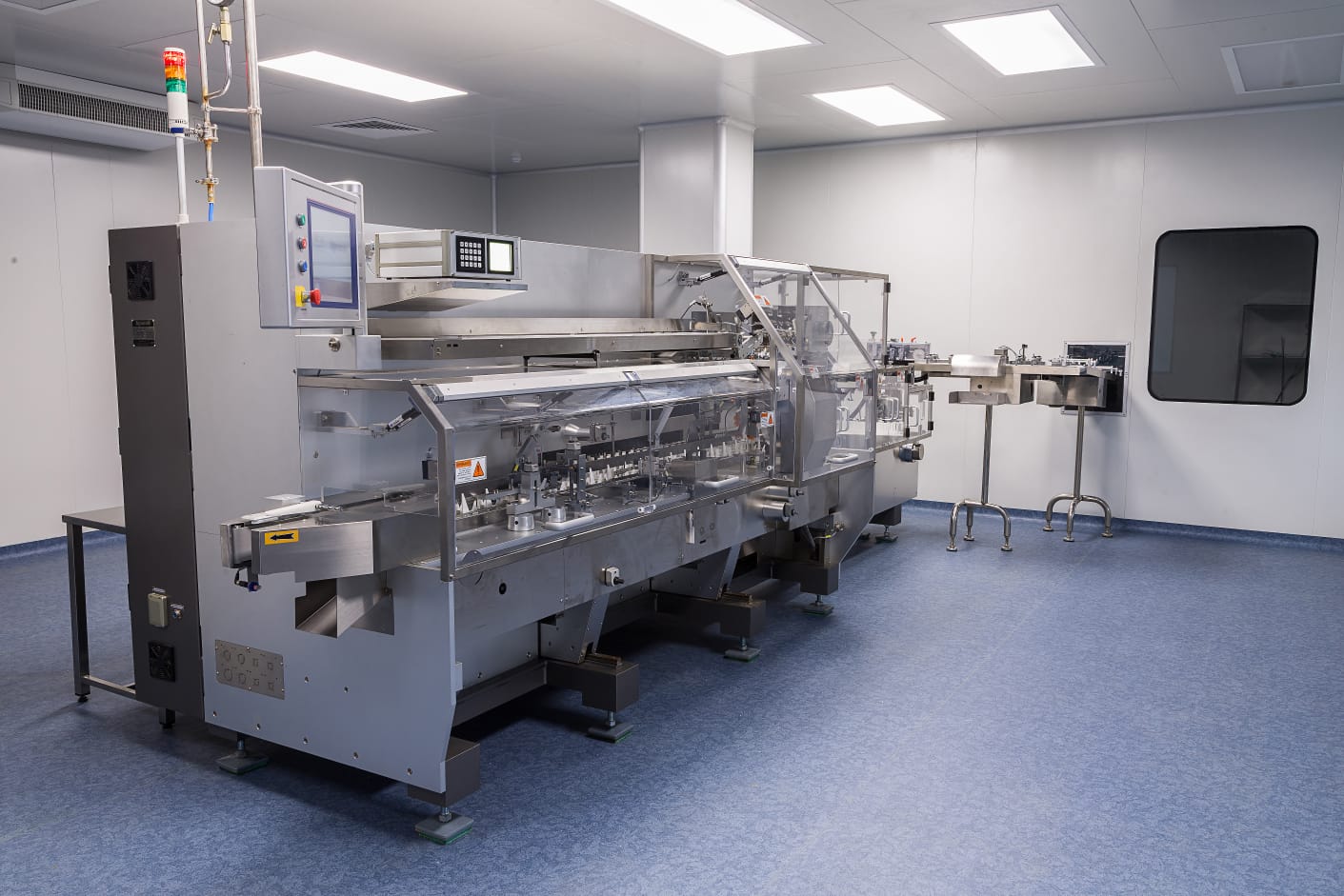The pharmaceutical industry has come a long way over the past two decades. Today, production lines are driven by smart systems and precision controls, in an environment where quality is no longer a luxury — it is an absolute necessity.
In recent decades, pharmaceutical manufacturing has undergone significant transformation, with a growing emphasis on implementing total quality standards and strict compliance with Good Manufacturing Practices (GMP). Drug production is no longer a matter of simply mixing active and excipient ingredients — it has evolved into a sophisticated science that demands full control over every stage of the manufacturing process, from sourcing raw materials to releasing the final product to market.
GMP has become the cornerstone of modern pharmaceutical production, ensuring that medicinal products are manufactured under conditions that safeguard their safety, quality, and efficacy. This includes comprehensive documentation of every process, equipment qualification, and continuous training of technical personnel.
Furthermore, quality control and process validation have become integral components of the manufacturing cycle. It is not sufficient to test only the finished product; each batch must undergo rigorous analysis to confirm its compliance with pharmacopeial standards. Validation procedures are also essential to ensure consistent product quality over time.
Technological advances have also paved the way for a shift from traditional batch manufacturing to continuous production. This transition enables improved quality assurance, greater efficiency, and reduced waste of both materials and energy.
At the same time, innovations in drug delivery have created new challenges — and opportunities. Companies are now developing advanced dosage forms such as orally disintegrating tablets, mucoadhesive gels, and targeted-release systems, all of which enhance absorption and therapeutic efficacy.
Amidst this evolution, contract manufacturing has emerged as a strategic model adopted by many pharmaceutical firms, particularly those focused on R&D and marketing. This approach allows for the production of medicines in specialised facilities that meet the highest manufacturing standards — ensuring integration, scalability, and sustained quality, without the need for in-house infrastructure.
At Hikma Pharma, we believe that investing in manufacturing excellence is, first and foremost, an investment in human health. We adhere to the most up-to-date practices and international standards to deliver medicines that are safe, effective, and reliable — worthy of the trust of pharmacists and patients alike, and contributing to the growth of a distinguished Syrian pharmaceutical industry.

